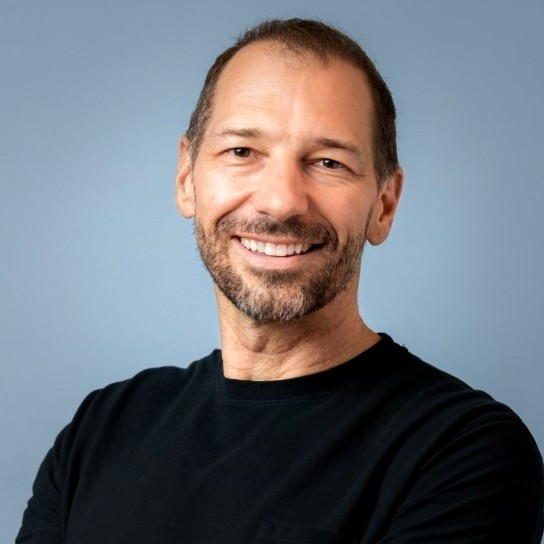Are L&D and HR ready for skills-first workplaces?
)
In today’s ever-changing workplace, traditional HR and learning practices are struggling to keep pace. HR and learning leaders are tasked with preparing and adapting their workforces for AI, automation, the green transition, globalization, hybrid and return-to-office, and more. It’s little wonder that some organisations are ripping up the rulebook and exploring new ways to deploy, upskill and reskill, and retain talent. Most notably, the skills-based organisation.
Skills, not degrees
This work model uses skills as the main indicator of someone’s ability to complete a project or do a job. It moves employers away from degrees, and reduces the reliance on connections and networks, to unlock career opportunities. As such, the skills-based organisation can be an effective way to create more equitable learning and development opportunities, plug skills gaps with proactive upskilling and reskilling, and build more agile and responsive teams.
Leading companies such as Ericsson, Capgemini, and Unilever are exploring different ways of bringing the skills-based organisation to life, across the entire employee experience from hiring and internal mobility, to upskilling and reskilling.
Ways to get started
There are plenty of options for companies that are considering a skills-first approach. Skills-based hiring is a popular initial test of the skills-first concept, but it can be largely siloed from the rest of the organisation and this limits the potential returns. Skills-first approaches work best when they are combined.
So a skills-based hire will be upskilled with skills-first learning (more on this later) and then deployed onto projects and tasks based on their new skills, via a skills-first talent marketplace. This combination creates the best overall experience for employees. It ensures they are challenged to build new skills while moving them to the parts of the business that need their skills the most.
Deloitte’s research ‘Skills Based organisations’ explores how to unlock the full range of benefits which include, placing people more effectively (107% more likely), retaining high performers (98% more likely), and the ability to anticipate and react to change (57% more likely).
Preparing your HR and learning systems
It’s easier said than done, however, to switch your HR and learning processes over to a skills-first approach. Many HR and learning systems are disparate and collect data in different ways. This makes it difficult for the systems to work together and consolidate the data — a fundamental step in making skills-first decisions. Investing in open platforms simplifies a lot of this groundwork, as these platforms work together more readily than closed systems that limit you to one vendor or its partners.
For the skills-first transformation to happen, you need data to flow seamlessly across HR, learning, talent, recruiting, and even work tools like instant messaging, project managers, and document processing programs.
Once your data is in place, you can analyse it and understand what skills exist in your organisation, what’s being built through learning, and what gaps need to be filled. You can also overlay these insights with your business strategy to better understand what skills will be needed over the next few years.
The great news is that your employees are generating a significant amount of skills data throughout their work day. Every completed task and project, every piece of manager and peer feedback, and every learning activity, adds up to an overall picture of their current skills. You can look at your workforce as a whole, or drill down into department and team views, to check that your business has the skills it needs to succeed today and prepare for tomorrow. If not, you can take proactive steps to reduce the gaps before they threaten business performance and continuity.
Now’s the moment for skills
If you're not already on board with skills-first practices, now's the time to jump in. Start small, experiment with a few ideas, and see where it takes you. Embracing this change will make your organisation stronger, more agile, and better prepared for whatever the future holds.
John Freshwater 
Vice President EMEA and APJ at Degreed


)
)
)
)
)
)
)
)
)
)
)
)
)
)
)
)
)
)
)
)
)
)
)
)
)
)
)
)
)
)
)
)
)
)